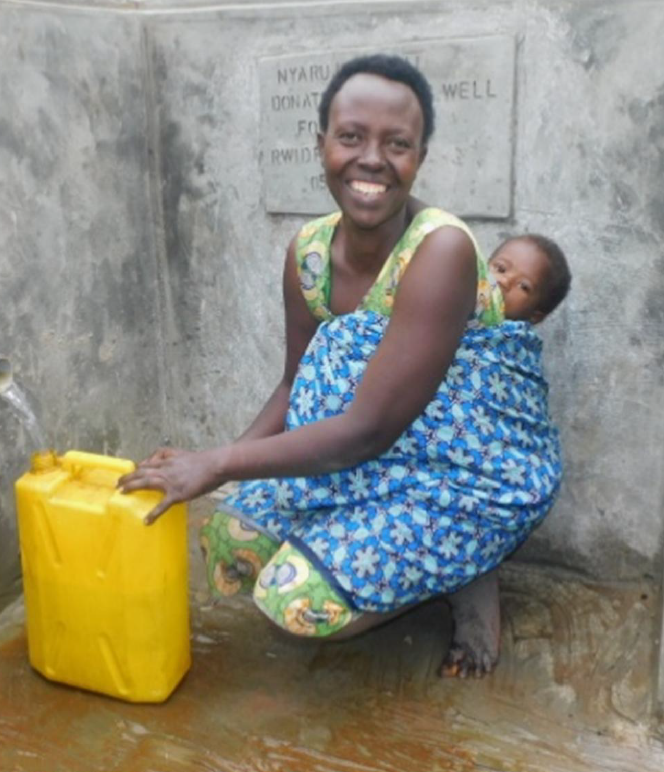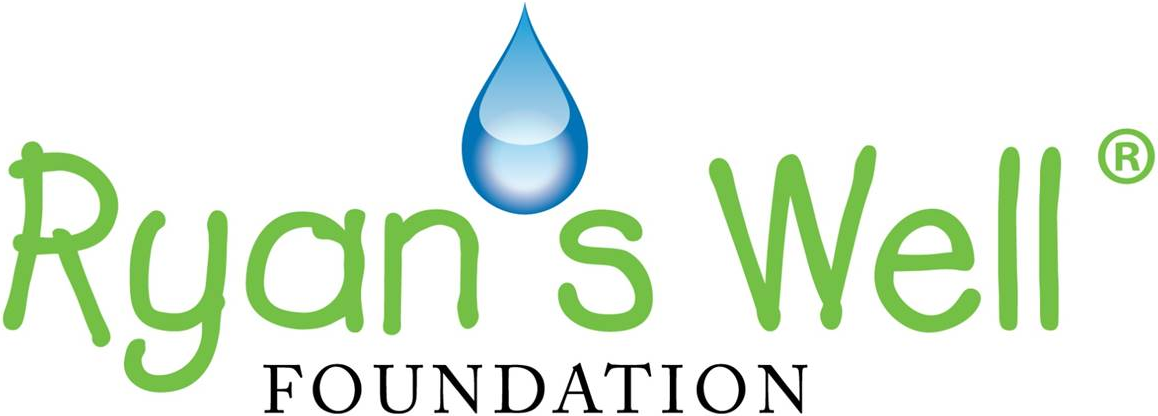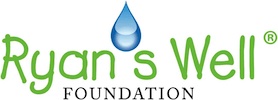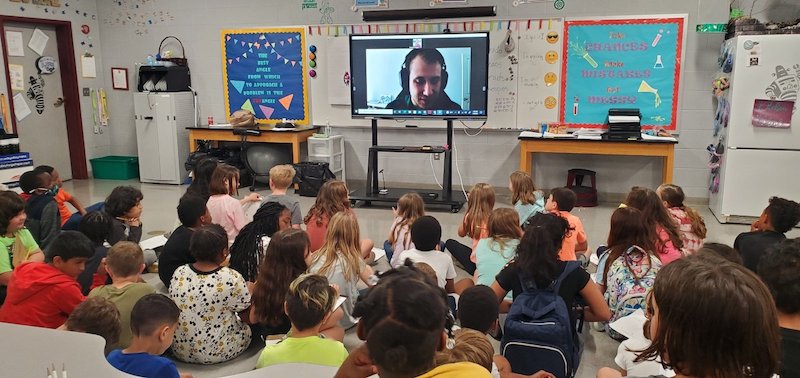ABOUT THE PROJECT
Basic WASH services in Rukungiri, Mitooma, and especially Ntungamo District are critically low, with widespread lack of access to clean water and sanitation facilities. Many households rely on unimproved or unprotected water sources, leading to a high prevalence of waterborne diseases such as cholera, dysentery, and diarrhea. According to the National Population and Housing Census (2014), over 27,964 households in Rukungiri and 20,597 in Mitooma drink unsafe water. Similarly, Ntungamo has only 32% of its 483,841 people accessing clean water.
Women and children, particularly school-going girls, bear the burden of fetching water, often traveling 1–2 hours daily. This impacts their education, with students missing up to 25% of school hours to collect water. The physical strain also leads to injuries and health complications. Poor sanitation and hygiene increase healthcare costs, with over 41% of household income spent on medical expenses (UDHS 2017).
PARTNER VIDEO - RWIDF: THE MANY IMPACTS OF CLEAN WATER
WHAT DO THE FUNDS SUPPORT?
• Construction of 15 low yield protected springs
• Construction of 8 rainwater harvesting tanks
• Construction and installation of 2 gender and disability-appropriate drainable ventilated improved pit-latrines.
• Installation of 2 handwashing jars
• WASH behavioral change and hygiene promotion activities.
PROJECT OUTPUT AND BENEFICIARIES
The project will have 9,650 primary beneficiaries.
• 62% (6,000) school-going children
• Over 5,600 indirect beneficiaries
• Equip family members with the skills and tools to manage and maintain water and sanitation
• Promote safe water and hygiene practices among women, children, and adolescent mothers
• Supporting mothers’ empowerment through the provision of water facilities for household consumption.
• Mobilization of 3 Village Saving and Lending Association (VSLA) groups with 30 members each shall be trained in soap-making process.
WHY IS THIS PROJECT IMPORTANT?
Without strong WASH interventions, these communities face rising morbidity and mortality. Sustainable solutions, such as improved water wells, safe sanitation, and hygiene education, are crucial. However, poverty and low awareness hinder progress, making external assistance essential to improving health, education, and livelihoods in Western Uganda.

Phase 2 Impact Report details successful completion of the secondary phase of planned initiatives. Successes include the following:
- Low-yield water sources allowing 305 people access to safe spring water
- Eight rainwater harvesting tanks benefitting seven schools
- 2 VIP latrines for safe sanitation
- Community and Caretaker awareness sessions providing training in clean water and sanitation practices

This Phase 1 Impact Report summarizes the successful implementation of clean water initiatives
in Western Uganda as part of a collaborative effort between Ryan’s Well Foundation and RWIDF.
The project targeted chronically vulnerable communities in Rukungiri, Mitooma, and Ntungamo
districts. The core objective was to improve access to clean water, sanitation, and hygiene
education while empowering women economically through VSLA and soap-making trainings.
ABOUT OUR PARTNER, RWIDF
Rukungiri Women Integrated Development Foundation (RWIDF) is the 2022 UN Global Women Award Winner for empowering women in Uganda. Founded in 2002, RWIDF is a non-governmental women’s organization in Rukungiri District Western Uganda.
It is mandated to enhance the skills, livelihoods, and well-being of women and youth, mobilize communities, and increase awareness of water, sanitation, and hygienic standards, income promotion/credit scheme, reproductive health, food security, education, good governance, and human rights advocacy. In the past 20 years, RWIDF and Ryan’s Well Foundation have constructed over 350 protected springs, 20 rainwater harvesting tanks, 9 deep wells, 5 shallow wells, and 21 VIP latrines in the districts of Rukungiri, Mitooma, and Ntungamo.


